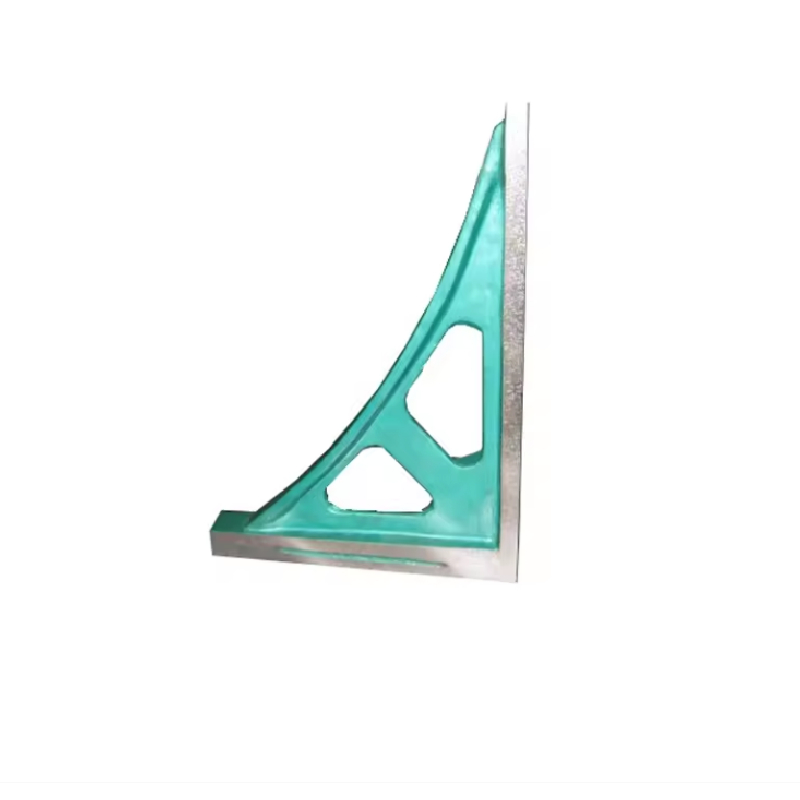ਅਕਤੂਃ . 08, 2024 15:50 Back to list
Understanding the Benefits and Applications of Steel Check Valves in Industrial Systems
Understanding Steel Check Valves A Comprehensive Overview
Steel check valves are vital components in various industrial applications, primarily used to prevent backflow in piping systems. They allow fluid to flow in one direction while automatically closing when the flow reverses, ensuring the system's integrity and efficiency. In this article, we will explore the design, functioning, applications, and advantages of steel check valves.
Design and Types
Steel check valves are typically constructed from high-quality steel materials, which offer excellent durability and resistance to high pressure and temperatures. The design of these valves can vary, but the most common types include swing check valves, lift check valves, andball check valves.
- Swing Check Valves These feature a hinged disc that swings open when fluid flows in the correct direction and closes when the flow stops or reverses. They are suitable for applications with low-pressure drops. - Lift Check Valves These consist of a disc that moves up and down onto a seat. When fluid flows in the intended direction, the disc lifts off the seat, allowing passage. If the flow reverses, the disc returns to its seat, preventing backflow. - Ball Check Valves These utilize a ball as the closing mechanism, which moves away from the seat to allow flow and then returns to seal when backflow occurs. They are highly effective in preventing backflow in smaller lines.
Functionality
The primary function of steel check valves is to ensure that fluid flows in one direction. They significantly minimize the risk of backflow, which can lead to contamination or damage within the system. The operation of a check valve is usually automatic, relying on the pressure of the fluid itself. This means that no external force or manual intervention is required for the valve to function, making it an efficient choice for many applications.
Applications
steel check valve

Steel check valves are widely used across multiple industries, including
- Oil and Gas Commonly employed in pipelines to protect pumps and compressors from backflow. - Water Treatment Used in water supply systems and sewage treatment plants to ensure that contaminated water does not flow back into clean supplies. - Chemical Processing Essential for maintaining the safety of chemical processes by preventing reverse flow that could lead to dangerous reactions.
- HVAC Systems Help in maintaining system pressure and efficiency
.Advantages
One of the main advantages of steel check valves is their robustness. They can withstand high pressures and temperatures, making them suitable for demanding industrial environments. Additionally, their automatic operation reduces the need for manual oversight, offering a convenience factor that is valuable in complex systems.
Moreover, steel check valves are available in various sizes and specifications, allowing for customization to meet specific application needs. Their reliable performance ensures the longevity of the systems they protect, ultimately leading to lower maintenance costs and improved operational efficiency.
Conclusion
In summary, steel check valves play a crucial role in a variety of applications by preventing backflow and ensuring the smooth operation of fluid systems. With their durable construction, automatic functionality, and versatility, they are indispensable in modern industrial practices. Choosing the right type of check valve is essential for enhancing the efficiency and safety of any piping system, making them an important consideration for engineers and maintenance professionals alike.
-
Why Metric Trapezoidal Thread is Ideal for Precision Motion ControlNewsAug.05,2025
-
The Unique Properties of a Block of Granite for Industrial UseNewsAug.05,2025
-
The Role of Flanged Y Strainers in Preventing Pipeline ClogsNewsAug.05,2025
-
The Importance of Regular Calibration for Master Ring GagesNewsAug.05,2025
-
How a Cast Iron Surface Table Enhances Accuracy in ManufacturingNewsAug.05,2025
-
Comparing Different Check Valve Types for Optimal Flow ControlNewsAug.05,2025
Related PRODUCTS









